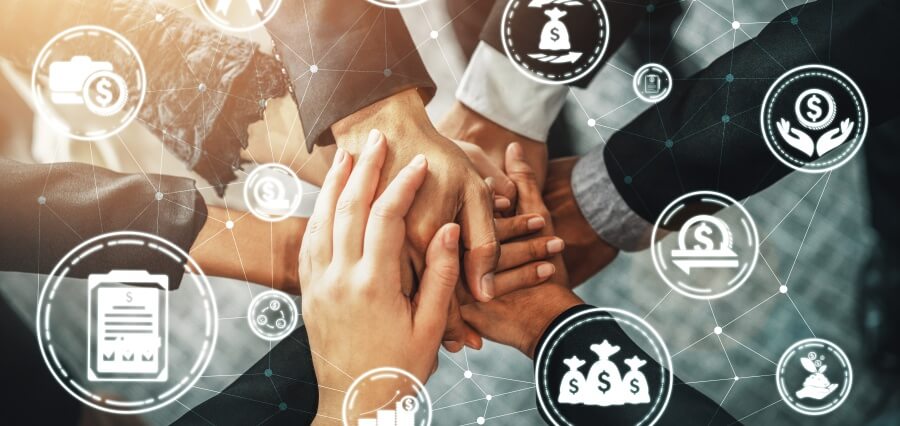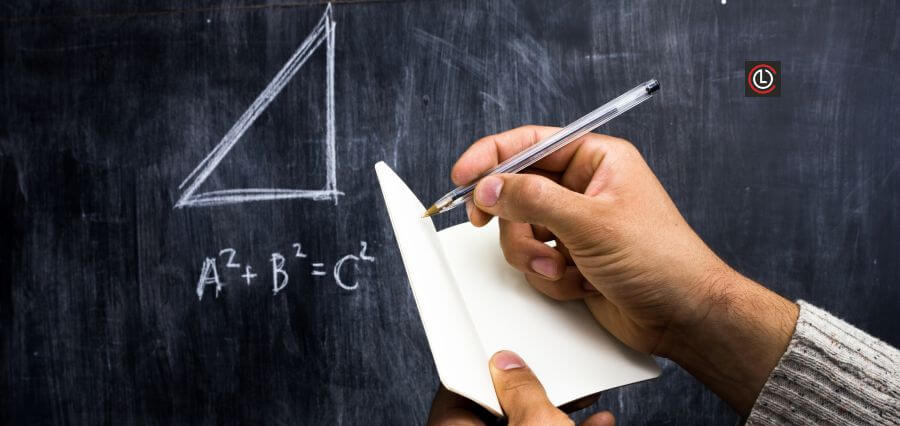Financial technology firm Klarna is expanding its banking services with the introduction of a new checking account-like product and a cashback feature designed to enhance user engagement and loyalty. Known primarily for its buy now, pay later (BNPL) services, Klarna is broadening its offerings to include traditional banking features as part of its strategy to disrupt the retail banking sector.
The new products, available in 12 markets including the U.S. and Europe, will be integrated into the Klarna app under the name’s “balance” and “cashback.” The “balance” feature allows users to store funds in a personal account akin to a traditional checking account, facilitating instant purchases and enabling them to pay off BNPL loans. Users will also receive refunds for returned items directly into their Klarna balance.
The “cashback” feature provides users with the opportunity to earn up to 10% back on purchases made through participating retailers. Earned cashback is automatically deposited into the Klarna balance account.
This expansion is part of Klarna’s broader push into traditional banking, building on its previous offerings of checking and savings accounts in Germany since 2021. In the European Union, where Klarna holds an official bank license, customers can earn up to 3.58% interest on deposits. However, U.S. customers will not have access to interest earnings.
The launch of these products represents a significant expansion of Klarna’s service range as the company gears up for a potential initial public offering (IPO). While a specific timeline for the IPO has not been established, Klarna’s CEO, Sebastian Siemiatkowski, indicated in February that a 2024 listing is feasible. In the interim, Klarna is exploring a secondary share sale to offer liquidity to its employees. The company’s valuation on the secondary market is reportedly in the high tens of billions.





